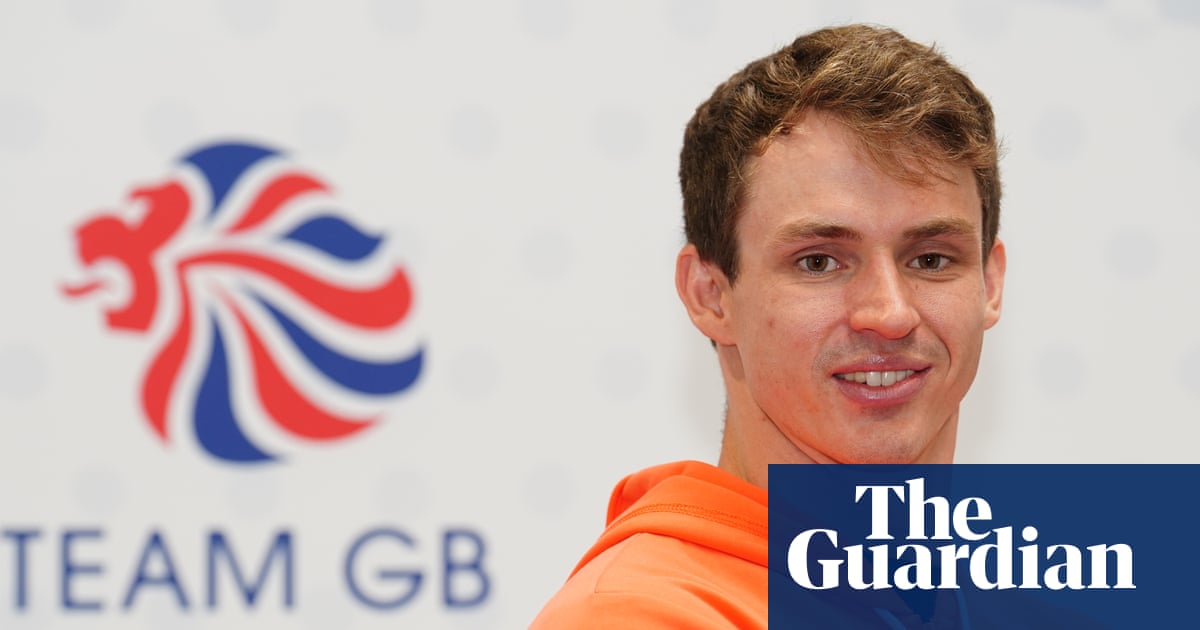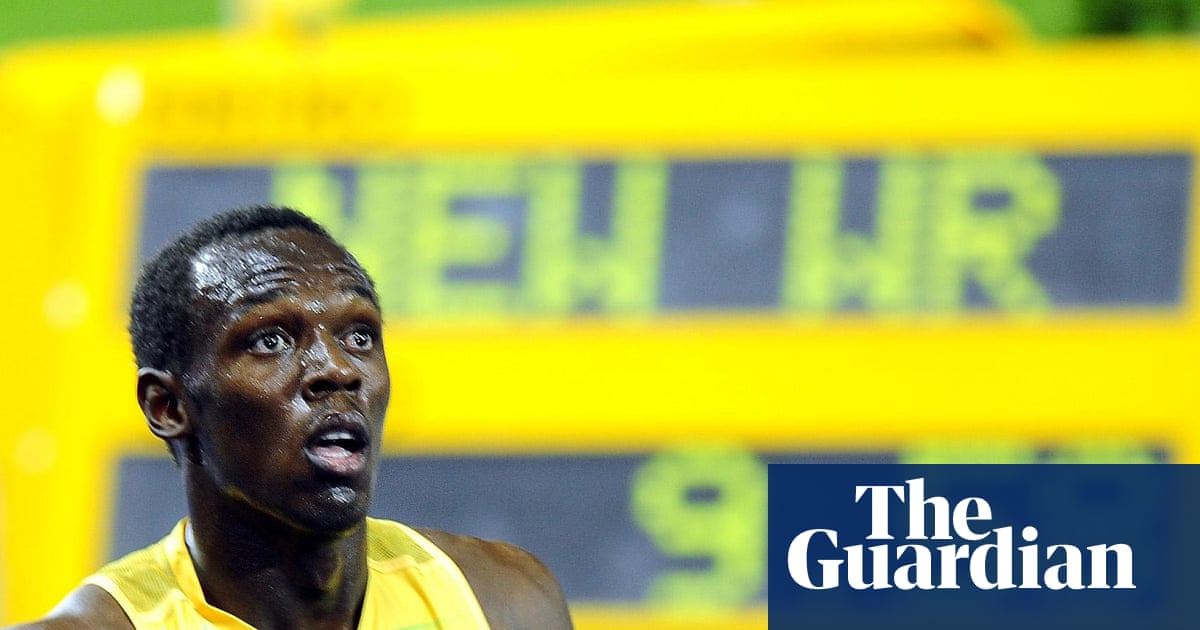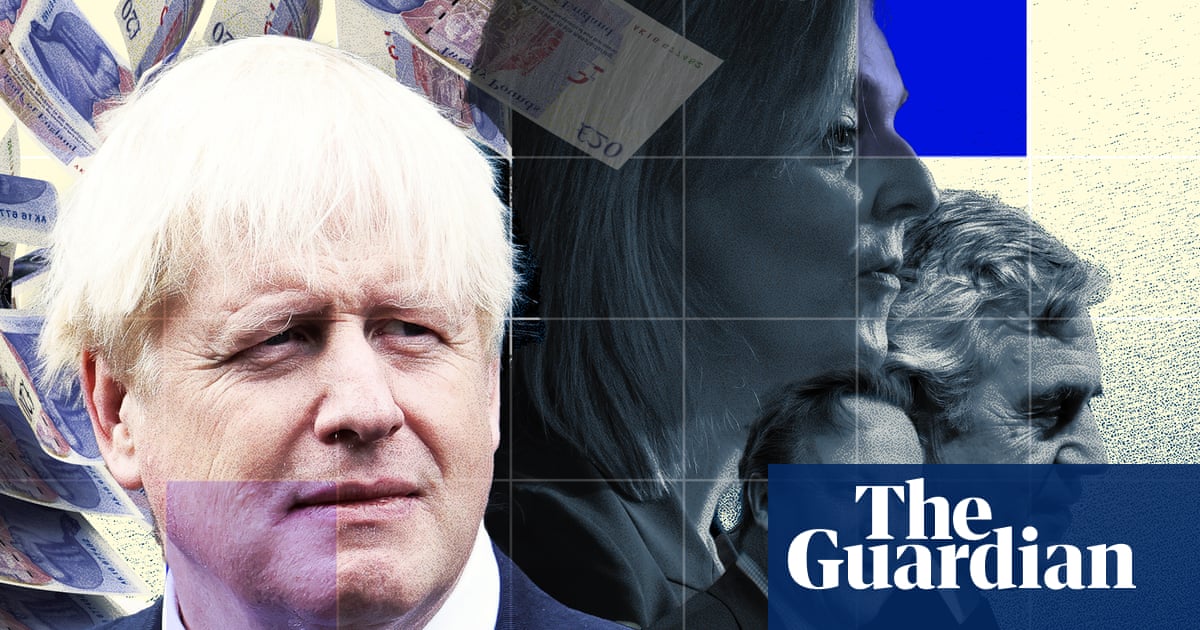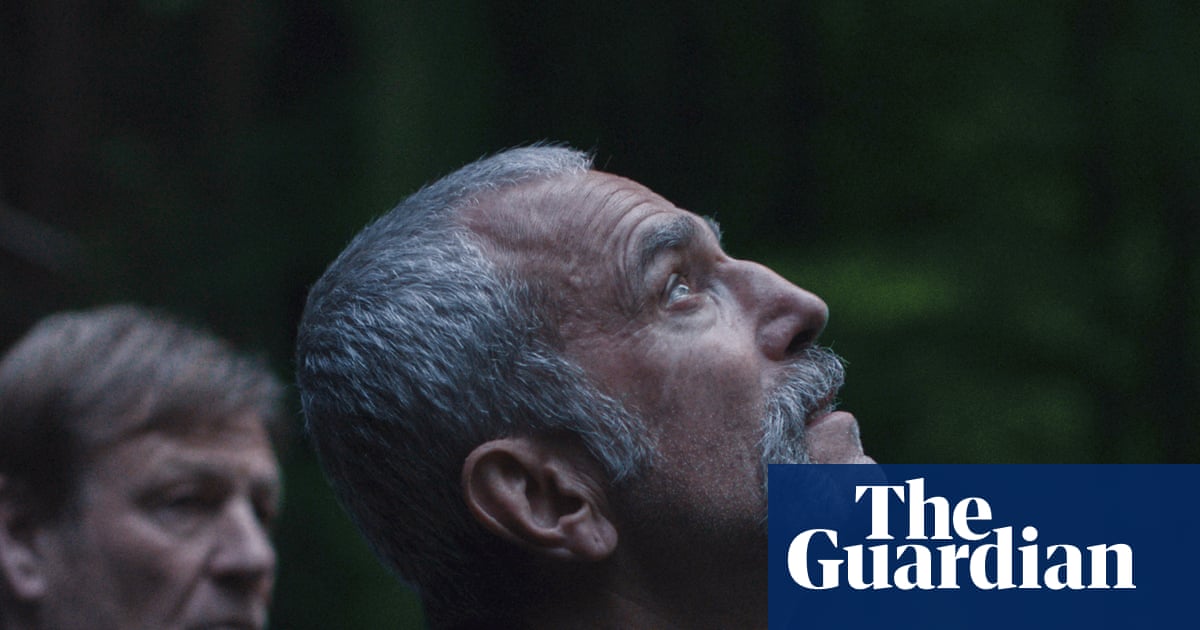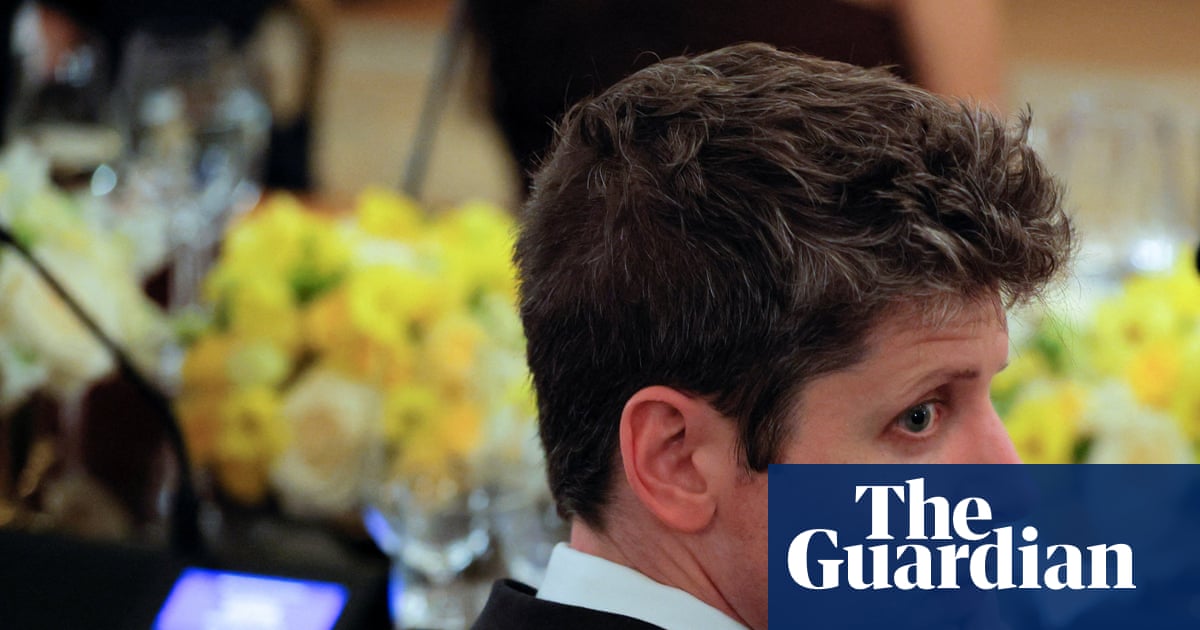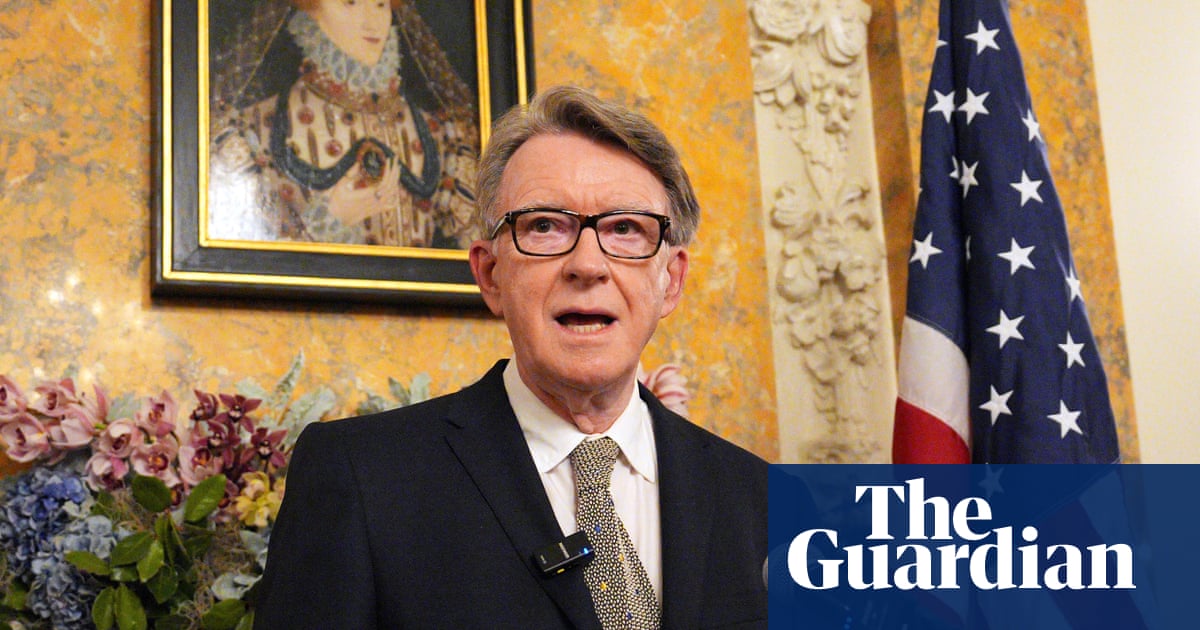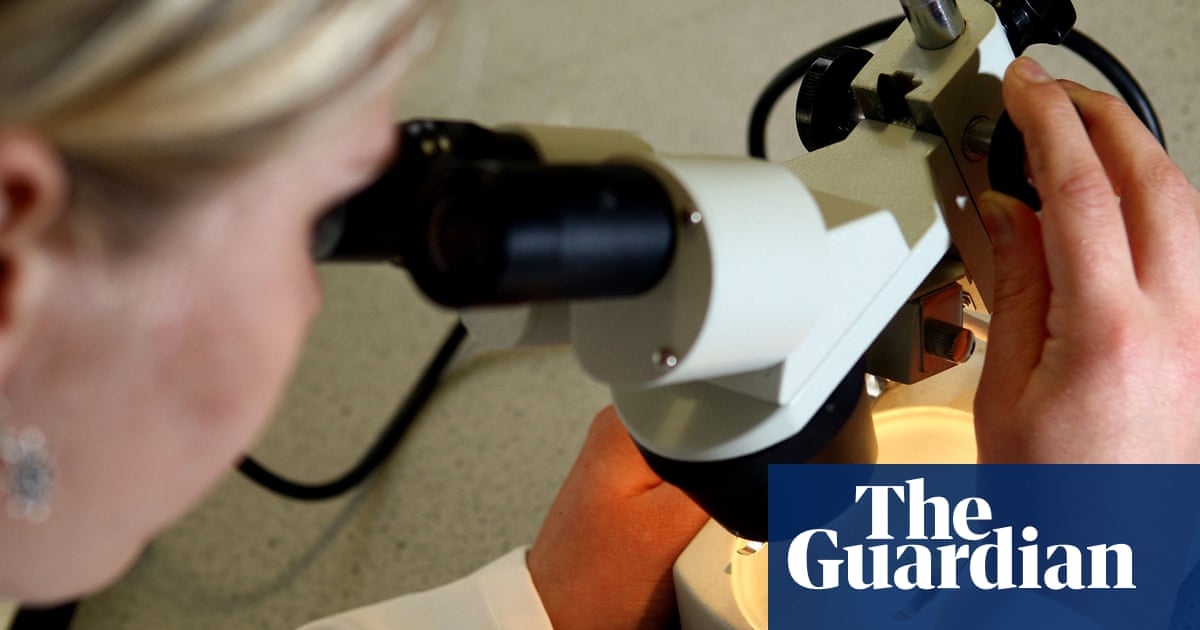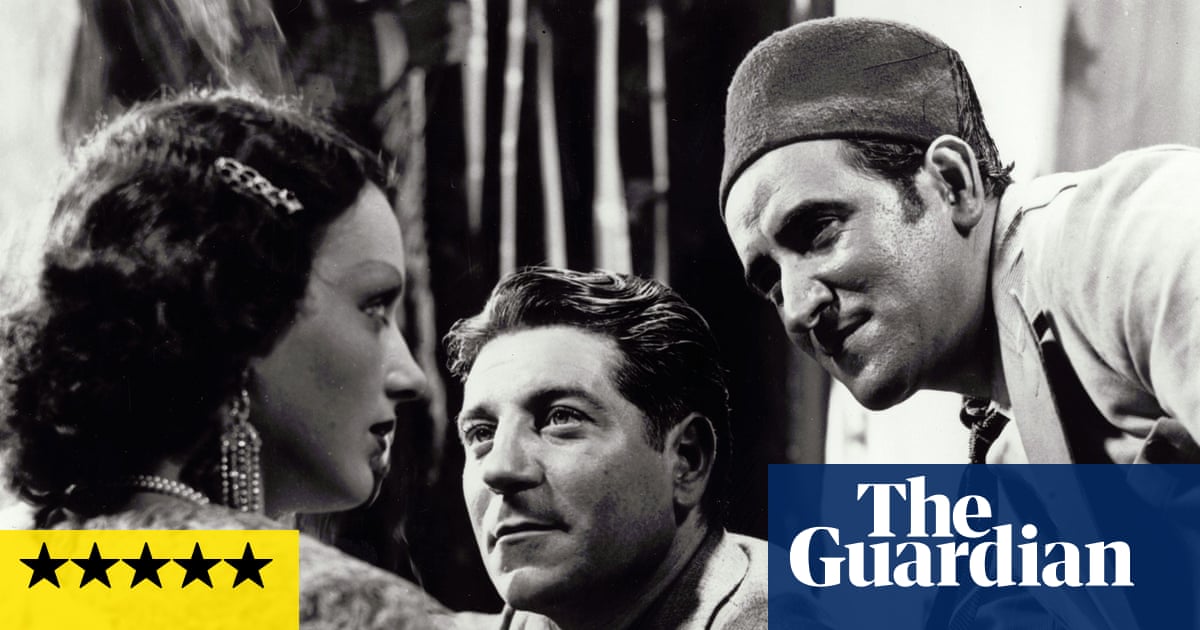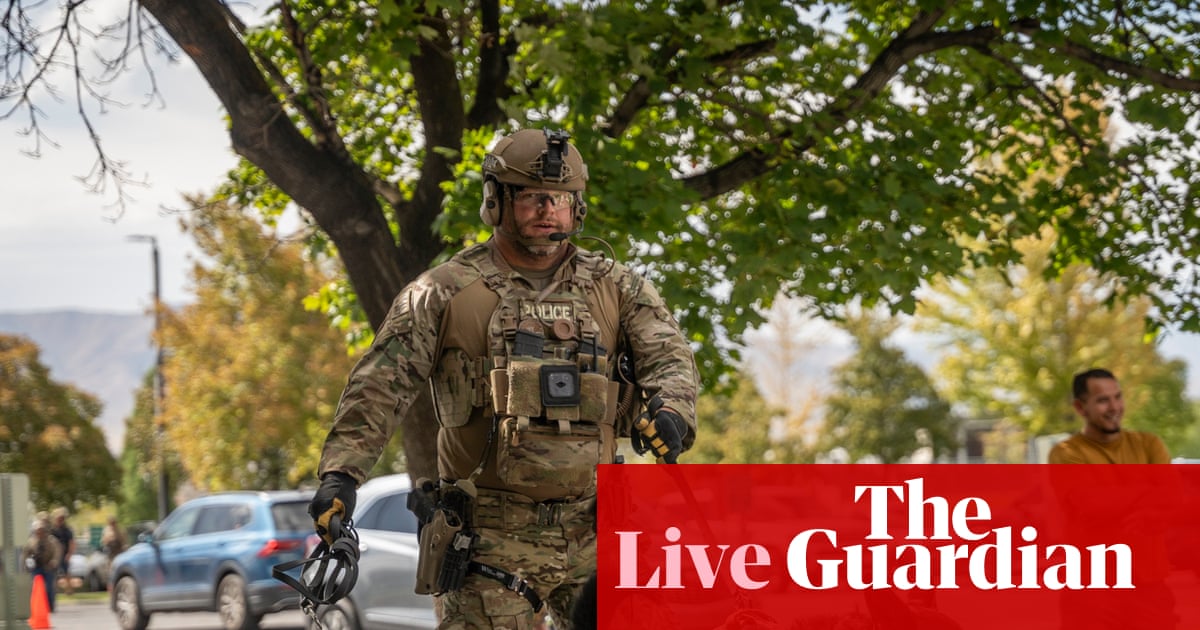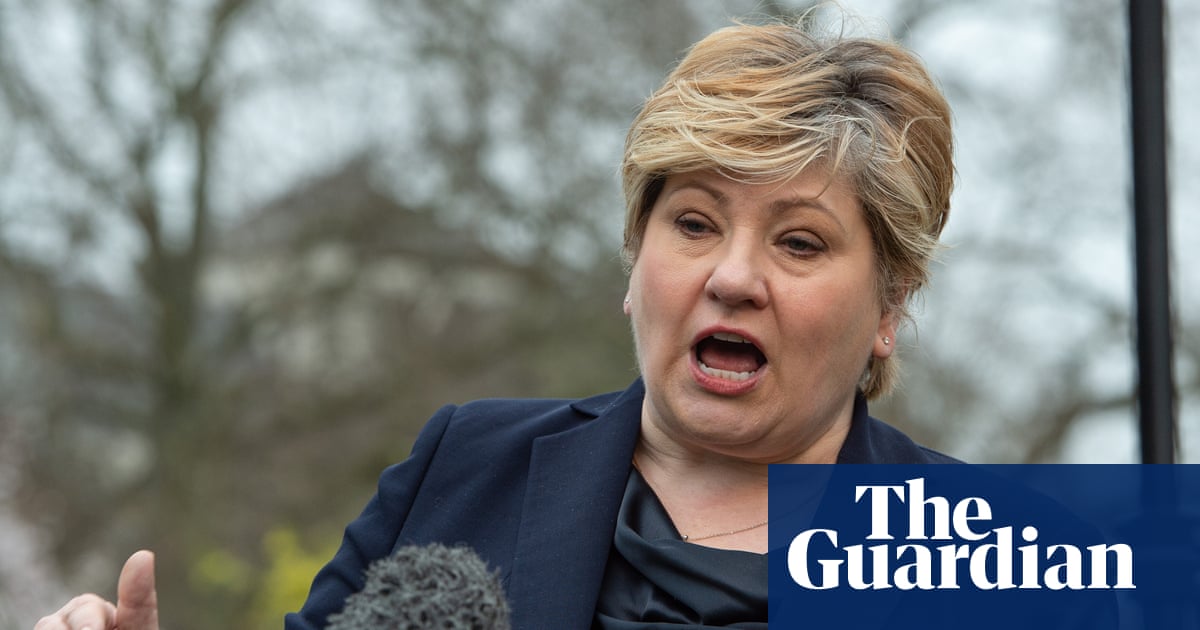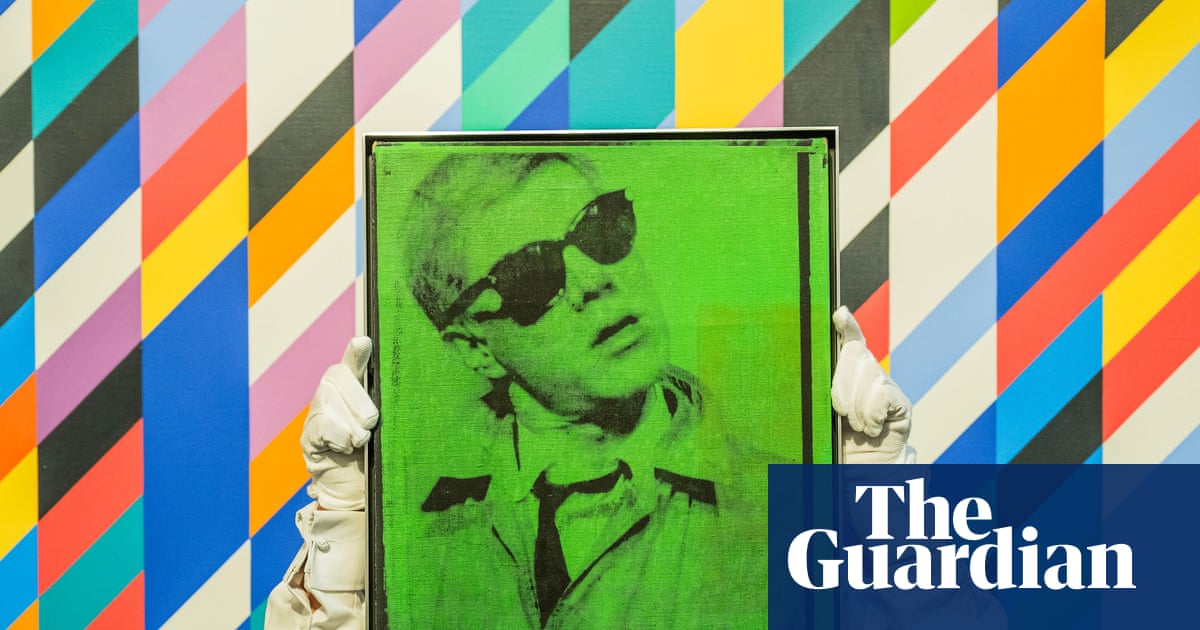A controversial new Olympics-style sporting event where athletes will be permitted – and even encouraged – to use performance-enhancing drugs is set to debut in Las Vegas next May, organizers announced on Wednesday.
The inaugural Enhanced Games will take place 21–24 May 2026 at Resorts World on the Las Vegas Strip. Over four days, competitors will race, lift and swim with full access to drugs and therapies banned in virtually every other elite athletic setting.
Billed as a revolution in sport and science, the event aims to embrace what organizers call “superhumanity” – a future where pharmaceutical and technological enhancement is normalized in elite competition. But while promoters cast it as a bold break from the past, critics are already raising alarms about safety, fairness and the fundamental integrity of sport.
“We are creating a new category of human excellence,” the Enhanced Games’ promotional materials declare. “A world where performance-enhancing drugs are used safely, openly, and under medical supervision.”
The pitch is simple but radical: rather than penalize athletes for using banned substances, normalize and study their use in a medically supervised environment. Under the Enhanced model, athletes can either compete naturally, follow independent enhancement protocols, or participate in a clinical trial using FDA-approved drugs designated as “Investigational Medicinal Products”.
The event’s founder, the London-based Australian entrepreneur Aron D’Souza, argues that current anti-doping policies are outdated and hypocritical. “The Enhanced Games is renovating the Olympic model for the 21st century,” he said. “In the era of accelerating technological and scientific change, the world needs a sporting event that embraces the future – particularly advances in medical science.”
Organizers promise extensive medical screening, individualized health profiling and oversight by independent scientific and ethics boards. But athletes will not be subject to traditional anti-doping tests. Instead, they must disclose what substances they’re using – a model that some critics warn resembles “don’t ask, don’t tell” for doping in sport.
The first Games will be held at Resorts World in Las Vegas and feature sprinting, swimming and weightlifting. Prize money is substantial: up to $500,000 per event, including a $1m bonus for breaking the 100m sprint or 50m freestyle world records.
That may not be a theoretical reward. In February, Greek-Bulgarian swimmer Kristian Gkolomeev recorded a time of 20.89sec in the 50m freestyle – 0.02sec faster than the official world record, which has stood since 2009 – reportedly while following an enhancement protocol for the first time. The swim, held at a certified pool under Olympic-level oversight, was filmed for a forthcoming promotional documentary.
Yet even this demonstration comes with caveats. Gkolomeev wore a full-body polyurethane suit not approved by Fina, swimming’s international governing body. Organizers claim the suit was commercially available and not decisive in the performance – but its inclusion underscores the ethical gray areas the Enhanced Games are poised to explore.
More fundamentally, many observers are uneasy with the concept itself.
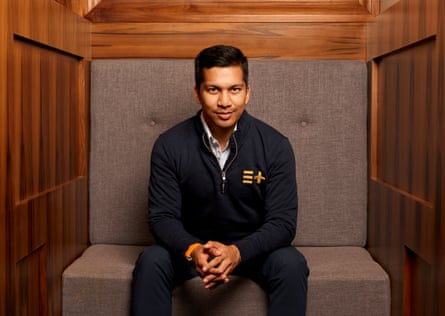
“As we have seen through history, performance-enhancing drugs have taken a terrible physical and mental toll on many athletes. Some have died,” the World Anti-Doping Agency said in a statement. “Clearly this event would jeopardize [athletes’ health and well-being] by promoting the abuse of powerful substances and methods that should only be prescribed, if at all, for specific therapeutic needs.”
Travis Tygart, CEO of the US Anti-Doping Agency, was even more blunt. “It’s a dangerous clown show, not real sport,” he said.
The Enhanced Games are also attracting attention, and controversy, due to the event’s supporters. The latest funding round, reportedly in the millions, includes investment from 1789 Capital, a firm led by Donald Trump Jr, Omeed Malik, and Chris Buskirk. Other co-leads include Apeiron Investment Group and Karatage, a hedge fund with stakes in cryptocurrency and AI ventures. A video announcing the funding suggests Donald Trump’s endorsement.
D’Souza described the involvement of Trump-aligned investors as a natural fit. “I’ve had the great fortune of working alongside many members of the administration and other prominent figures of the Trump movement over the years,” he said in February. “To know that some of the most significant figures in American social and political life support the Enhanced Games is more important to us than any investment.”
Peter Thiel, the tech billionaire known for his libertarian politics and backing of controversial biotech ventures, is also listed as a major investor and “close advisor”, according to D’Souza.
The participation of such figures has drawn further scrutiny from critics who view the Enhanced Games as not only a break from the Olympic model, but a calculated provocation – a challenge to elite sporting institutions, anti-doping agencies and what D’Souza has called the “anti-science” bent of legacy sports governance.
Organizers maintain they are not trying to overwrite Olympic records or discredit traditional sport. Instead, they frame the Enhanced Games as a parallel category, akin to the professionalization of sport in the 20th century. The goal, they argue, is to explore the boundaries of human potential while provoking a broader cultural conversation.
It’s an ambitious vision – and a high-stakes gamble.
Athletes from around the world are being recruited, including some who felt alienated by anti-doping regimes. Former swimming world champion James Magnussen is among them, though the Australian’s recent enhanced attempts fell short of record times.
The organizers, now headquartered in New York, say they will not tolerate abuse of illicit substances. Drugs must be legally prescribed, and athletes must be medically fit to compete. Still, enforcement appears to rely more on partnership than oversight – a feature, not a bug, according to the Enhanced team.
“There are always risks in elite sport,” reads one of the Games’ internal FAQs. “We believe the greater risk is pretending those risks don’t exist.”
Whether the public buys into that logic remains to be seen. Organizers say they are in talks with major sponsors and streaming platforms, but have not confirmed any broadcast partners or marquee athletes beyond a handful of early adopters. If backlash builds – from federations, governments or regulators – it’s unclear whether the model will survive its first test.
For now, though, the Enhanced Games are moving ahead, armed with a defiant slogan: Live Enhanced.
Whether the world embraces that vision or recoils from it may determine not just the future of one event, but the ethical limits of sport itself.

 3 months ago
48
3 months ago
48
